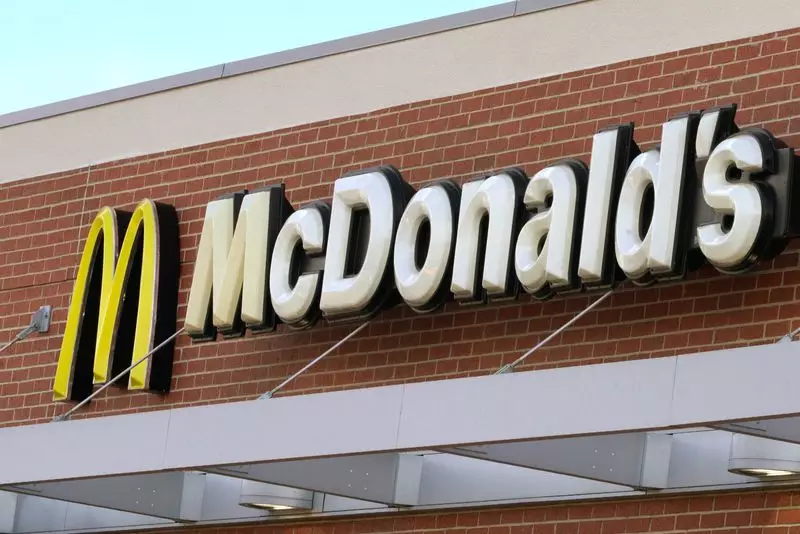In a shocking turn of events, McDonald’s has found itself at the center of a public health crisis, following reports of an E. coli outbreak linked to its popular Quarter Pounder burgers. With one fatality reported and nearly 50 additional cases of illness, this incident has raised severe alarms regarding food safety, not just within the fast-food giant but across the entire industry. The Centers for Disease Control and Prevention (CDC) has been monitoring the situation closely, and the potential repercussions could be significant—not just for consumer health but for McDonald’s market performance and reputation.
The outbreak, which has affected customers across multiple states in the West and Midwest, has prompted an urgent response from McDonald’s. The current statistics indicate that ten individuals have been hospitalized due to complications associated with E. coli infection, which can lead to serious health implications, particularly among vulnerable populations such as children and the elderly. The swift action of the CDC—coupled with McDonald’s decision to remove the Quarter Pounder from around a fifth of its 14,000 U.S. locations—demonstrates an acute awareness of both public health responsibilities and the potential for long-term damage to the brand.
CDC spokesman Tom Skinner has suggested that more cases could emerge as the investigation continues. McDonald’s review of its supply chain, especially focusing on slivered onions and beef patties, demonstrates the company’s proactive stance in identifying and stemming the source of the contamination. Despite frequent testing by suppliers, the unfortunate reality is that health crises like this can materialize rapidly, leading to tragic consequences.
E. coli outbreaks are not a new phenomenon for major fast-food chains, and past incidents have led to significant consumer backlash. Notably, outbreaks linked to Chipotle Mexican Grill in 2015 and Jack in the Box in 1993 severely impacted sales for those companies, shaking consumer confidence to the core. For McDonald’s, a brand that thrives on trust and familiarity, rebuilding that lost confidence will be an uphill battle.
The troubling comparison to the Jack in the Box outbreak, in which serval children died, adds a chilling dimension to the current crisis. This context heightens consumer anxiety and may deter potential customers from visiting McDonald’s, particularly for the affected items. Analysts predict that unless McDonald’s manages to quell the fears of the public quickly, the consequences might ripple through their sales data for the upcoming quarter.
The commercial impact of this health scare has reverberated throughout financial markets. Following news of the outbreak, McDonald’s stock dropped by nearly 5%, highlighting investor nervousness about the potential long-term ramifications of this incident. Financial analysts have expressed concerns that if the issue persists or expands to involve various suppliers or ingredients, it could lead to more serious brand tarnishing and extended financial troubles for the fast-food chain.
On a financial note, the downturn in share price speaks volumes not just about the immediate crisis but also about the ongoing fear that consumers might turn away from McDonald’s, as they have in similar past incidents. The company’s decision to prioritize consumer safety through rigorous supply chain assessments is crucial, yet the challenge will be in restoring stakeholder confidence after such a significant blow to its brand integrity.
Looking ahead, McDonald’s faces the daunting task of managing the fallout from this outbreak while simultaneously attempting to reassure its loyal customers. The urgency of the situation calls for transparency and responsiveness that might define the company’s future trajectory. It remains critical for McDonald’s leadership to demonstrate their commitment to food safety and consumer health as they navigate this crisis. The recovery process will likely be closely monitored by both industry analysts and the public, with vigilance required to prevent a similar occurrence in the future.
Ultimately, the success of McDonald’s in the aftermath of this outbreak will depend on its ability to implement effective changes to its food safety protocols, engage genuinely with consumer concerns, and, potentially, innovate beyond its core offerings. The stakes are high, and the implications of these developments will be felt across the fast-food industry.

